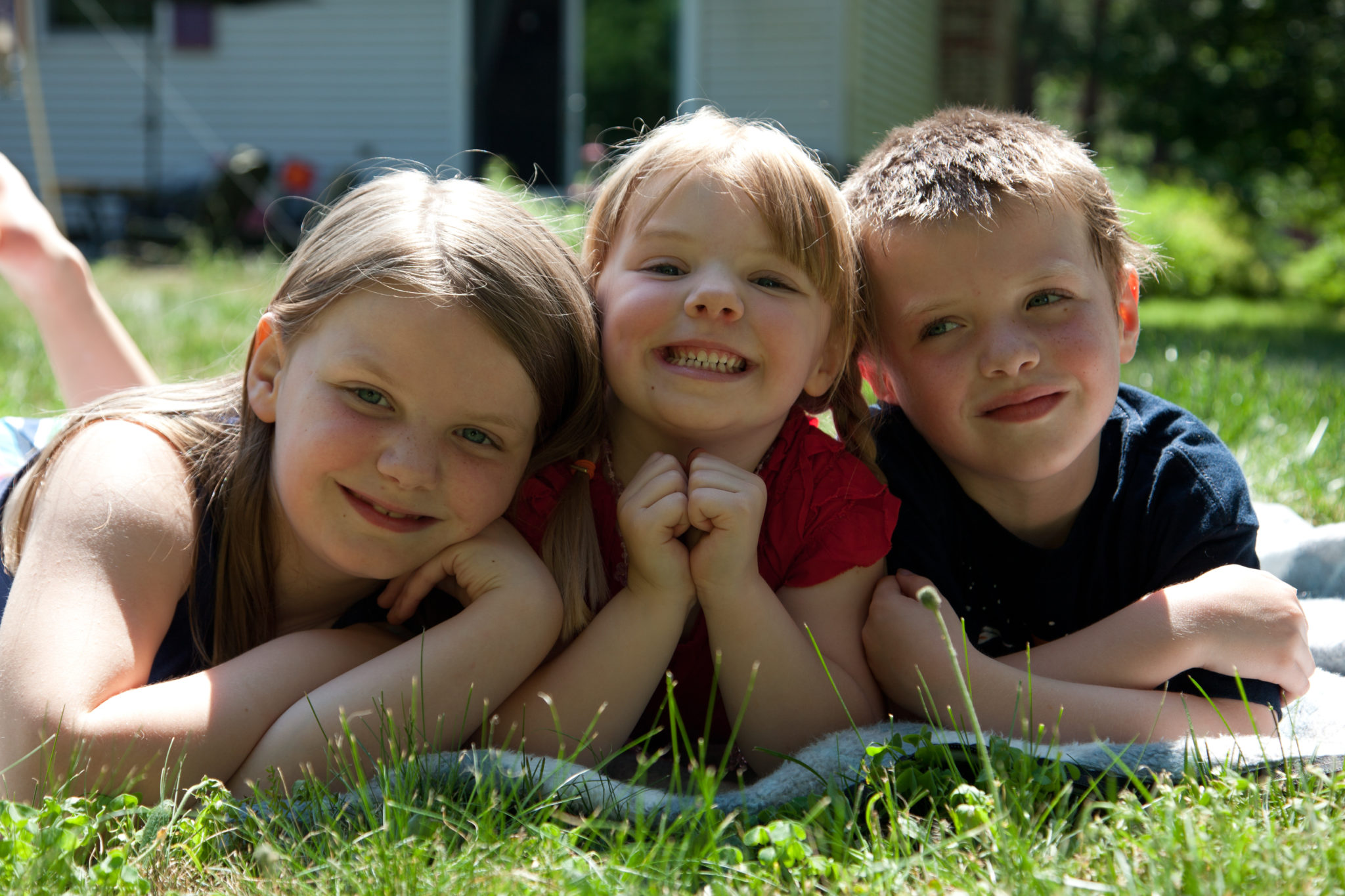Discovery Point Blog

Birth Order and How it Influences Us
It’s a common belief that birth order influences the way individuals interact with the world around them. Many of us have talked jokingly of “middle child syndrome” or subconsciously understood how shows such as The Brady Bunch present their characters’ personalities according to birth order.
What many may not realize is that researchers and psychologists have studied this subject for years. The consensus is that there is a major connection between birth order and personality.
Understanding Birth Order
As a parent, you may wonder how your children’s birth order affects the sibling dynamic and contributes to their contrasting personalities. You may even be thinking back to your own childhood to examine how your role as the oldest, middle, youngest, or only child affects how you perceive your social environment today.
Read on to learn more about some commonly held beliefs about birth order, as well as experts’ thoughts on the subject.
The Firstborn: The Natural Leader
The oldest child in the family often develops adept leadership skills and takes a more dominant approach to social interactions. This could be a result of the instinct and need to care for their younger siblings and the sense of responsibility that comes with this role. Because of this, you can generally expect firstborn children to take more initiative in life and become high achievers.
Many firstborns tend to have a perfectionist streak that stems from seeking the approval of their parents. As firstborns often receive the undivided attention of their parents for the first few years of their lives, they may feel pressure to meet certain expectations that can lead to an intense fear of failure.
The Middle Child: The Negotiator
Parents generally take a more relaxed approach to raising their second child. Middle children, sandwiched between an older, more dominant sibling and a younger, needier sibling can feel a little left out. This sense of exclusion can cause them to question their identity and their role in the family. It can also push them to learn to compromise and be more flexible. Those in the middle often create strong bonds with friends outside of the family as a way to cope with the focus given to older and younger siblings.
The Youngest: The Free Spirit
The baby of the family typically has fewer restrictions placed on them by their parents, leading them to be more open to taking risks and embarking on adventurous experiences. As their siblings are older, more physically strong, and mature, many youngest children lean on other ways of winning attention. That’s why you’ll notice that many outgoing, sociable people who flaunt a natural charm are lastborns.
The Only Child: The Perfectionist
Only children share many traits with firstborns. However, as they are not required to look after younger siblings and consistently receive their parents’ full attention and protection, they may become more dependent on others rather than naturally learning how to lead. The need to constantly live up to parents’ expectations without the distraction of siblings can also turn only children into goal-focused perfectionists.
How Birth Order Can Affect Your Parenting Style
According to Michael Grose, a parenting expert and author of Why First Borns Rule the World, And Last Borns Want to Change It, birth order offers one explanation for why children can be so different even when they share similar genetics and are raised in the same household. Because children take up different roles so early in their lives, at a time when habits and personality traits are just starting to form, their tendency to remain in these roles tends to stick.
It’s also important to note that while siblings may be raised by the same parents, they may not receive the same parenting techniques or expectations. Grose mentions that parents tend to raise later siblings much differently than firstborns due to a shift in focus as well as the benefit of experience.
Thus, understanding the effects of birth order can be a huge help when raising children. Grose encourages parents to make a concentrated effort to not place burdensome expectations or responsibilities on firstborn and only children. Also, ensuring your youngest child has the opportunity to share some of these responsibilities can go a long way in providing them with a more disciplined upbringing. Finally, when it comes to your middle child, it’s worth going out of your way to give them the one-on-one time they crave and help them feel they play a valuable role within the family unit.
While birth order doesn’t dictate children’s personalities, and while these aren’t hard and fast rules, it can have an influence on how they interact with others and the expectations they place on themselves. With a greater understanding of the sibling dynamic that’s playing out in your household, you’ll be better able to provide each child with the support they need to grow as individuals.
To learn more about this topic, check out these books on birth order.


